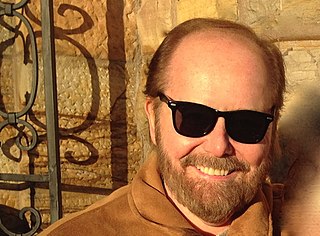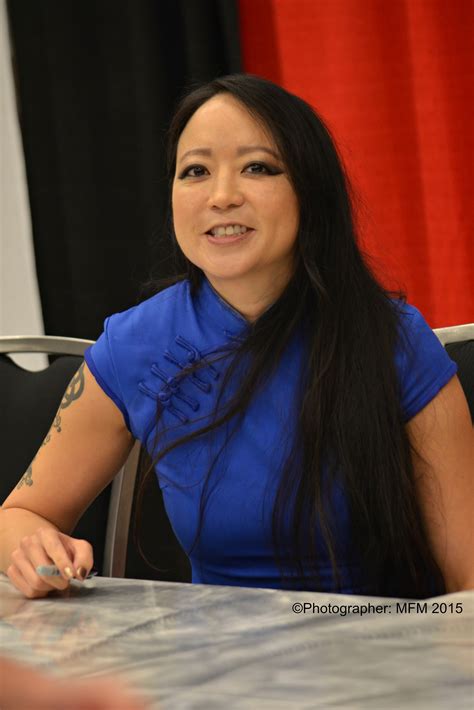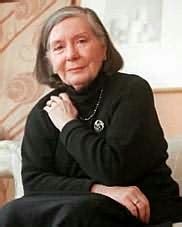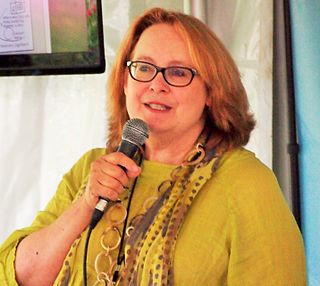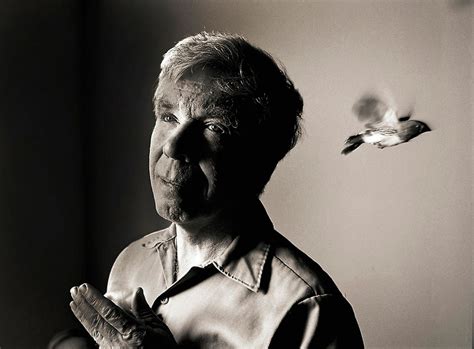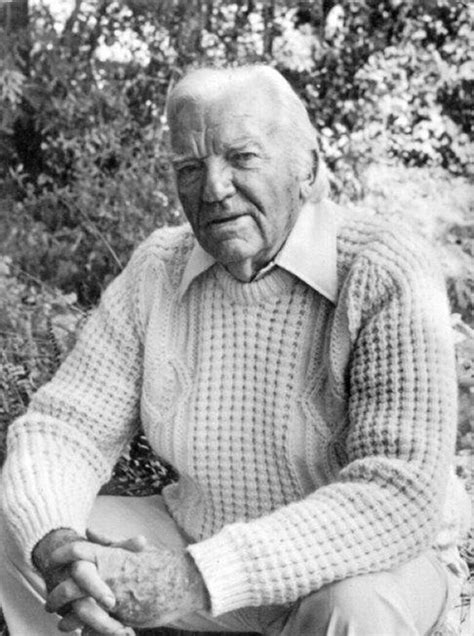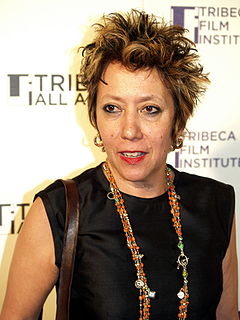A Quote by Charles Ghigna
The greatest reward for a children's author is in knowing that our efforts might stir the minds and hearts of young readers with a vision and wonder of the world and themselves that may be new to them or reveal something already familiar in new and enlightening ways.
Related Quotes
All our efforts to guard and guide our children may just get in the way of the one thing they need most from us: to be deeply loved yet left alone so they can try a new skill, new slang, new style, new flip-flops. So they can trip a few times, make mistakes, cross them out, try again, with no one keeping score.
Notable American Women is an enchanting and moving novel. Like Italo Calvino and Lewis Carrol, Ben Marcus reconfigures the world that we might see ourselves in a cultural and moral landscape that is disturbingly familiar, yet entirely new. As though granted a new beginning, Marcus renames the creatures of our world, questions who we are and who, as men and women, we might be. Notable American Women is a wonder book, pleasurable and provocative.
As a children's author, you get to advocate for reading and writing in general, in a way an adult author might not be able to. It's a really interesting dance we do to get literature into the hands of young people and to help them to become literate and become readers; we want them to grow up reading and continue to do so when they're adults.
The new children are coming in. The families do not understand them. It does appear, from all the research that people are doing, that the new children are healing their mother and father by their very presence. So they may do it themselves, but, still, we've got to change what's happened here - our families are just total disasters.
Photographs are like our children. We put the best of ourselves into them - the best of our vision, our minds, our hearts - and then we send them out into the world. At some moment, perhaps the moment we click the shutter, they are being released. From that moment on, they don't really belong to us anymore.
The annual award of $5,000 goes to an author for a meritorious book published in the previous year for children or young adults. Scott O'Dell established this award to encourage other writers--particularly new authors--to focus on historical fiction. He hoped in this way to increase the interest of young readers in the historical background that has helped to shape their country and their world.
Education is the point at which we decide whether we love the world enough to assume responsibility for it, and by the same token save it from that ruin which except for renewal, except for the coming of the new and the young, would be inevitable. And education, too, is where we decide whether we love our children enough not to expel them from our world and leave them to their own devices, nor to strike from their hands their chance of undertaking something new, something unforeseen by us, but to prepare them in advance for the task of renewing a common world.
Today, we're taking a break from the concerns and the bustle of the work-a-day world. But we're also making a new beginning... Let us renew our faith that as free men and women we still have the power to better our lives, and let us resolve to face the challenges of the new year holding that conviction firmly in our hearts. That, after all, is our greatest strength and our greatest gift as Americans.
The historian of science may be tempted to claim that when paradigms change, the world itself changes with them. Led by a new paradigm, scientists adopt new instruments and look in new places. even more important, during revolutions, scientists see new and different things when looking with familiar instruments in places they have looked before. It is rather as if the professional community had been suddenly transported to another planet where familiar objects are seen in a different light and are joined by unfamiliar ones as well.
Writers and scholars have emerged in recent times (some familiar, some new) to continue to challenge the notion of a literature that encompasses the world - and reaffirms our existence in it. It is a multicultural vision that embraces and includes our shrinking universe; it is a multicultural vision that the white man fears and a vision that the rest of us can celebrate.
....I understood why those who had lived through war or economic disasters, and who had built for themselves a good life and a high standard of living, were rightly proud to be able to provide for their children those things which they themselves had not had. And why their children, inevitably, took those things for granted. It meant that new values and new expectations had crept into our societies along with new standards of living. Hence the materialistic and often greedy and selfish lifestyle of so many young people in the Western world, especially in the United States.
If the world is saved, it will not be by old minds with new programs but by new minds with no programs at all. Why not new minds with new programs? Because where you find people working on programs, you don't find new minds, you find old ones. Programs and old minds go together like buggy whips and buggies.
